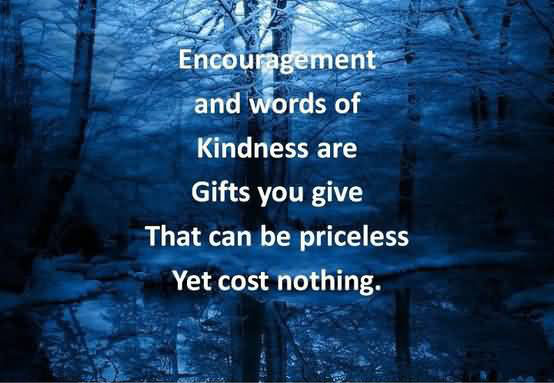Our hearts do not need logic. They can love and forgive and accept that which our minds cannot comprehend. Hearts understand in ways minds cannot.
Lois W.
What does it mean to love someone who suffers from a substance use disorder? Do people intentionally enable their loved ones to continue using mood-altering chemicals? Why don’t they leave? Is there abuse in a codependent relationship? What can be done “when love is not enough” (Lois W. co-founder of Al-Anon)?
Being in a relationship with a person who suffers from an active substance use disorder can be tumultuous and unpredictable. When a person loves one who is in active addiction, he/she may feel that their loved one is a “Jekyll and Hyde” being loving at one moment and raging the next. Often the loved ones of an addicted person find themselves making excuses for behavior, covering for the person with their employers/friends/family members. Although the loved one does not intentionally enable their loved one to continue to abuse substances, their actions may assist the loved one from experiencing the consequences of their substance use.
Sometimes the addict is emotionally or physically abusive while under the influence, and he/she has no memory of the abuse after the fact. Family members/loved ones may feel threatened one moment, and the next find themselves feeling sorry for their loved ones. Some people have described their experiences living with a person in active addiction as if they themselves feel like they have a spilt personality. These are just a few of the reasons a spouse or loved one will not leave their addicted family member who is abusive while under the influence of alcohol or drugs.
Additionally, the loved ones may experience “hypervigilance.” Hypervigilance – n. a state of abnormally heightened alertness, particularly to threatening or potentially dangerous stimuli (American Psychological Association Dictionary of Psychology). Hypervigilance can lead to many other disorders including anxiety disorders, depression and even suicidality.

Addiction as a Family Disease
Children living in a household with a family member or family members who suffer from substance use disorders are more likely to experience adverse childhood experiences (ACES) which can lead to trauma, hypervigilance, behavioral and physical health problems, interpersonal and community violence, and eventually possible substance use disorders or other behavioral health disorders. The impact of substance use disorder on the entire family system can fall on a continuum of very little impact to catastrophic impact.
Families often do not receive counseling, therapy, or treatment even after their loved one recovers. Additionally, families rarely receive intervention or seek counseling when they are living in the midst of their loved one’s addiction. As a direct result of the household chaos, the resistance to ask for help, or the entire family system being in a place of hopelessness and/or fear, the family may not know about resources. The family may be unaware that there are programs/counselors/therapists/centers which may help them to cope with their loved one’s disease – perhaps they have never known a person to recover from a substance use disorder or they may feel shame or embarrassment about loving an addicted person.
As a professional I feel that it is very important for me to provide education, resources, referrals, and most importantly support to the families impacted by substance use disorders in my practice and in my community. According to a Pew Research study in 2017 46% of adults in the United States had a close friend or family member who had struggled with addiction. Most researchers believe that these numbers have significantly increased since the onset of the Covid-19 pandemic, and that only time will confirm the lasting impact on our, families, our neighbors, our nation, and our world.
If you know someone struggling with a substance use disorder, please encourage them to seek help – through 12 step recovery meetings, treatment facilities, their family doctor or local behavioral health provider. If you know family members of those struggling, please encourage the same for them. You never know how your encouragement, provided resource or listening ear may positively impact their life and the lives of those who love and care about them.
